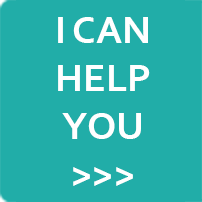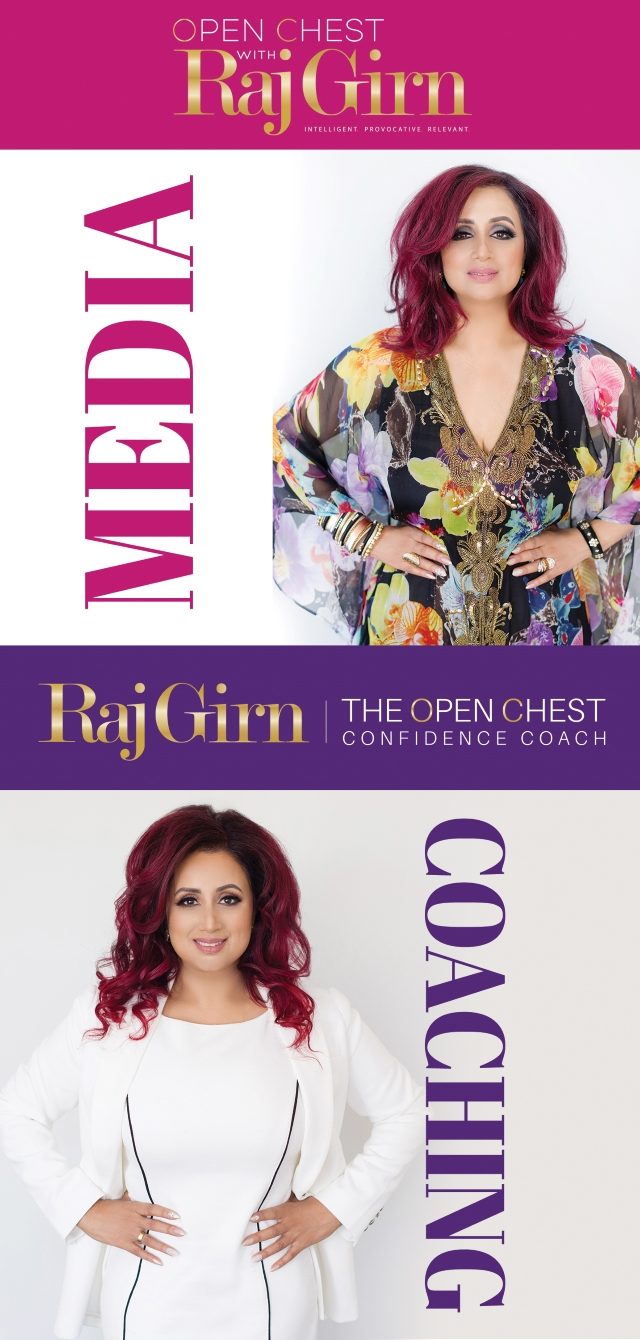In this interview, Raj Girn chats with award-winning writer, director and producer Veena Sud about her new film ‘The Lie‘. Veena Sud has earned a reputation for creating riveting, atmospheric crime dramas, including the acclaimed series ‘The Killing’ and ‘Seven Seconds.’ In the new feature film The Lie, she has constructed a chilling and utterly believable portrait of a divorced couple who band together in a frantic effort to protect their teen daughter from the consequences of her own actions. The Lie is a gripping psychological thriller about the lengths parents will go to in order to protect their child. Veena Sud is happy to see Blumhouse and Amazon teaming up to nurture up-and-coming filmmakers, especially female filmmakers and filmmakers of colour, which she believes is critical today. The Lie is available on Amazon Prime Video on October 6th.
LISTEN TO THE FULL INTERVIEW BELOW . . .
Hi, Veena. I am a fellow Torontonian, even though I have the British accent because I was born in England. So, I’m super psyched to be chatting with you about this Toronto made film in the middle of a blizzard. I’m very excited about the fact that you did this feature length film The Lie it’s coming out on Amazon Prime on October the 6th, folks. Just make sure that you check that out.
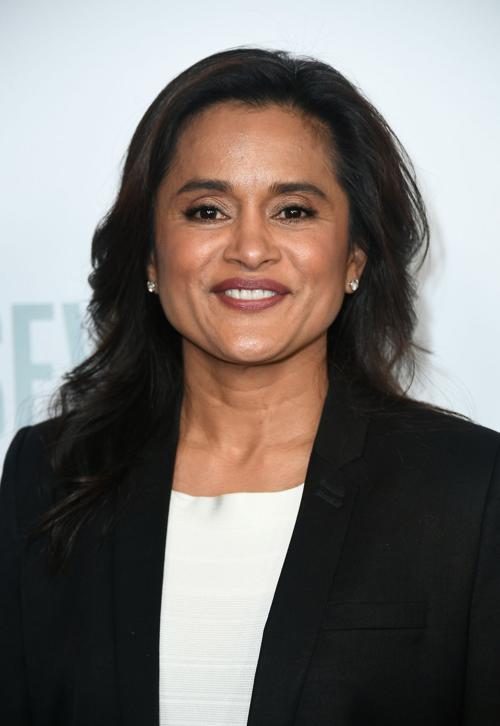
I wanted to ask you this right off the bat. On one side, the film examines the lengths that parents could go for the children. On the other side, it also kind of depicts this whole ideology behind American society’s views of ethnic identity. That’s kind of the vibe I got when I watched the film. Both of these themes are very, very relevant points of discussion in today’s society, especially in this year. So, I wanted to ask you, why was that important for you when you were penning the film’s story?
I knew that my version of this story, which was adapted from a German film called We Are Monsters by Sebastian Ko. If I were to adapt it, I would have to make it an American story and the American story around criminal justice is a brown man who is clearly the victim of a crime, then becomes the perceived perpetrator and pays a heavy price.
So, I knew at the time that, of course, the uprising is happening right now, and more Americans are aware of racial injustice in America, in the criminal justice system and law enforcement. But it’s been going on forever. So, when I made The Lie, that was something that was really important for me to talk about.
Right. Also, the other theme, which is the one that everyone will get even if they don’t get the theme you just talked about. The theme about how far parents could potentially go to save their children. Why did you want to talk about this in this in this particular story?
I’m a parent myself, and I know how vulnerable that love makes me and how tender that makes me and also how vicious that makes me and so interested in exploring kind of maybe the worst possible scenario that a parent could be an effective child who’s smarter than another child and then also always interested in the idea of who we think we are versus who we really are.
How quickly I was a big fan as a child of Lord of the Flies, because I think the disintegration of civilization is fascinating. And clearly we’re seeing you right now in America, but it’s fascinating to me, so I wanted to see writ small inside this house and in this family, the veneer of civilization slowly but inevitably falling off these people.
It’s very interesting that you said that, because growing up in England, we have to read that as part of our English reading. I was so disturbed by the reading of actually how horrific people can be if they are put in certain circumstances. The other thing that I noticed as well in your depiction of the way that you make the building blocks of the story, as well as kind of how everything starts to kind of unravel, I felt like I was watching a modern day Hitchcock thriller because those movies also when I was growing up, I found them horrific.
Horrific in this psychological exploration of the human condition. I feel that really came across when I watched The Lie. It really did, like are these some of the things that you look for? I’d love your feedback on when I saw it.
I’m so glad you felt that about the film. Hitchcock was a huge influence for me. As a child, I watched a lot of Hitchcock and my parents let me watch it. And I watched a TV show and I watched the movies and drawn kind of towards the slow burn psychological aspects of it, because it was never a horror. It was always subtle. Am I being gaslit? Am I going crazy? Is he really trying to kill me? Is there a man in the window watching me?
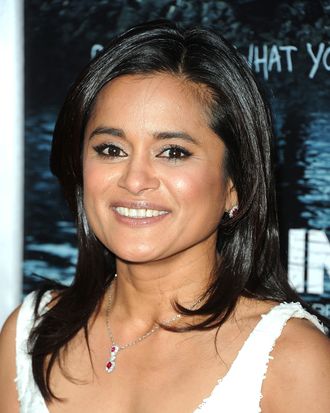
So, there’s a human element to that, which is so much just a hundred percent relatable. I do like scary. I do like horror. But I experience that as someone watching me through my window more than I experience the zombie apocalypse.
I completely agree because that could happen, right? The man in the window is relatable. It could happen. But the zombie is very unrelatable.
Yeah. Unless you humanize them. And that’s a fascinating world that maybe one day I’ll explore because I do feel like zombies and vampires obviously represent parts of us. But I think that yes, your child could make a mistake. Yes, your child could accidentally push a girl and kill her. Yes. These things can happen in real life. And then what do you do and who are you in the aftermath of that? And then Hitchcock influence, throughout the film, we designed the house to be this pristine, beautiful, like Architectural Digest type home and with glass so you can kind of see out on your beautiful suburb.
But if a crime is committed and you’re trying to hide in that house, there’s nowhere to hide. Nowhere to escape. And in that moment, there was one scene when Cas Anvar is at the door trying to talk to Joey, talk to Kayla about what has happened to his daughter. And he’s quite desperate. You just see the shadow standing there feet away from her and then he does something else and you realize no one can hide in a glass house.
But that’s what I mean about horror. I mean, that to me was horror. That was horrific because I can imagine being the person locked in that home and I feel that’s kind of the whole relatability, not just of this film, but of your work, even with the killings. I mean, it’s so relatable. It’s so real. And the reality of that is what scares you. So, I wanted to also ask you, you directed this too, why was it important for you to direct it?
I like to be a student of this art form. I like to not know and to learn. I always have liked being on first base and trying to get to second. I’ve had the beautiful gift of doing a lot of television, which I loved dearly. I was hungry for something else. I was hungry for a new experience. So, when I wrote this, I knew I wanted to direct it and I made that request from the get go of Jason and my producer Alix Madigan, and they said yes, and it was off to the races then it was up to me to not fuck it up.
Which I don’t even think it’s possible that you could because your entire career is built on these thrilleresque real storytelling, you know, film type of things. I’m not using the right words, but you know what I mean? Like the whole genre of film and TV work you’ve done has been based on this, right? So it’s impossible for you to fuck it up.
But it is possible. I think it’s possible. There are many times where I was like, oops and just blew it. The execution of it as a director is very different from imagining it as a writer and then someone else do it. Then it’s up to them not to fuck it up. I was the one who was then responsible one hundred percent of the time every shot, every moment, giving a useful note to an actor from prep to production to post being very much in the trenches. So that was different. I’m glad you don’t think I fucked it up.
No. No. Oh my God. The movie was so palpable. I felt like I was on a roller coaster on the incline when you kind of know what’s coming, but you’re not quite sure how you’re going to feel when you get there. I totally got that vibe from the film from beginning to end, because it was so many peaks and valleys. It was very Hitchcock-esque.
As I mentioned to you, I really got that. And my final question, because I’m being asked to wrap up and I have so much that I want to talk to you about, but I feel that this is a good wrap up for all those women out there, all those ethnic women out there, women of colour, who want to get into positions like yourself, writing, producing films, directing films, kind of being on the other side of the camera because we always talk about being in front of it. What would you say to them as maybe some tips that they should think about as they foray into that career?
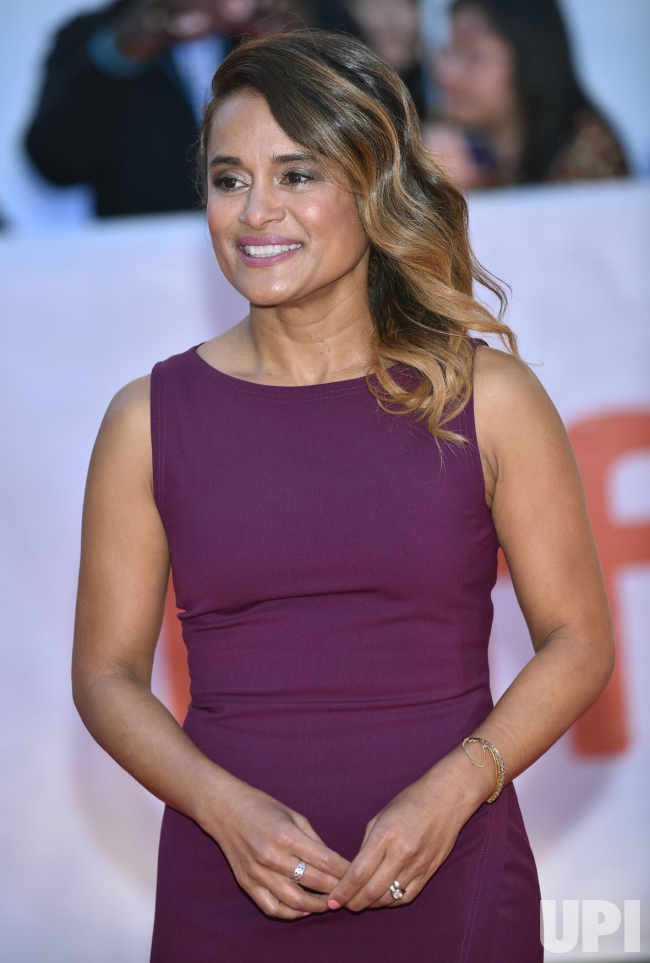
Create your own work. Write your own script, insist on directing it, write a lot of material, write every day. The written word, the content is king. If you can find a way to generate material, even if you’re not writing it, if you’re reading incessantly, optioning things for a dollar, optioning something for one hundred dollars. Be voracious about finding content or generating it.
And that’s where I believe so much of it starts, especially for women of colour. We have to make the world up as we go and no one’s going to give it to us. So much of it rests on our shoulders and just keep going. Don’t take no for an answer.
Thank you so much, Veena. It’s been such a pleasure chatting with you. And why, finally, is the narrative of representation matters important, especially in your line of work today?
It matters because what we’re doing mirrors a world that we live in, right? So, I feel the power of every little girl, every little boy who looks up at the screen, sees themselves, creates a life and creates possibility. And I know what it feels like to not see myself. And I know the damage that does.
So, for us as people of colour behind the camera, we have this incredible gift and responsibility as much as we can in a very limited industry that needs to radically change on many fronts to keep pushing the ball down the field. All of us together.
Thank you so much for those last final words, Veena. The Lie folks you’ve got to go check it out. A must watch film on Amazon Prime, October the 6th. Thank you so, so much. And I can’t wait for the next time I get the opportunity to chat with you. I feel that I have so much that I want to unpack from your incredible brain. Thank you so much.

